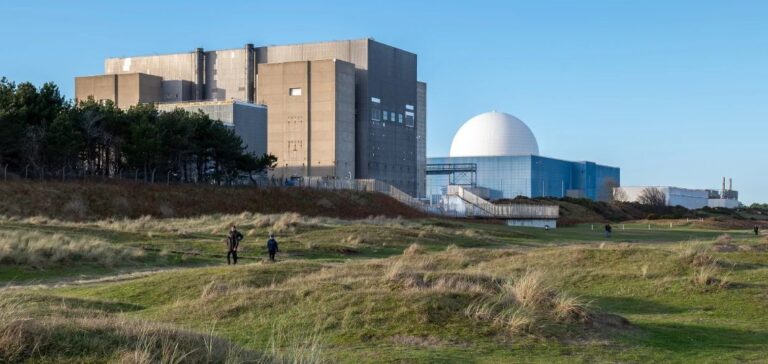Framatome, a company specialised in nuclear technologies, announced that it has signed a contract with Sizewell C for the supply and integration of over 8,000 instrumentation systems for the EPR reactors under construction at Sizewell, in the East of England. This contract covers the qualification, supply, and pre-assembly of conventional instrumentation, which will be crucial for monitoring the critical parameters of the plant, such as temperature, pressure, flow, and levels. These instruments will play a central role in maintaining the safe and reliable operation of the plant, ensuring continuous monitoring of the reactor performance 24 hours a day, 7 days a week.
Strengthened Partnership with Framatome
Frédéric Lelièvre, Senior Executive Vice President at Framatome, expressed his company’s pride in expanding its partnership with Sizewell C, highlighting that their expertise in instrumentation and control systems will directly contribute to the success of the project. This partnership is a key element of the UK’s ambitions for a greener energy transition and decarbonised electricity production. This collaboration follows several contracts already signed between the two parties, including the supply of nuclear heat generation systems, safety instrumentation and control systems, and fuel supply.
Ultimate Backup Generators for Sizewell C
In addition, Framatome has also signed a contract for the supply of ultimate backup diesel generators (DUS) for Sizewell C, which will be controlled by a digital control system developed by Framatome. The Sizewell C nuclear power plant, equipped with two EPR reactors, is expected to produce 3.2 GW of low-carbon electricity, equivalent to the energy consumption of six million households. The project is expected to avoid the emission of nine million tonnes of CO2 annually, significantly contributing to the UK’s emission reduction goals.
Optimisation through the Hinkley Point C Experience
The design of Sizewell C takes advantage of the experience gained from the Hinkley Point C project, which helps optimise costs and construction timelines. Nigel Cann, Managing Director of Sizewell C, emphasised the strategic importance of replicating the Hinkley Point C design, which enables securing equipment early on and reducing the risks related to technological obsolescence.






















